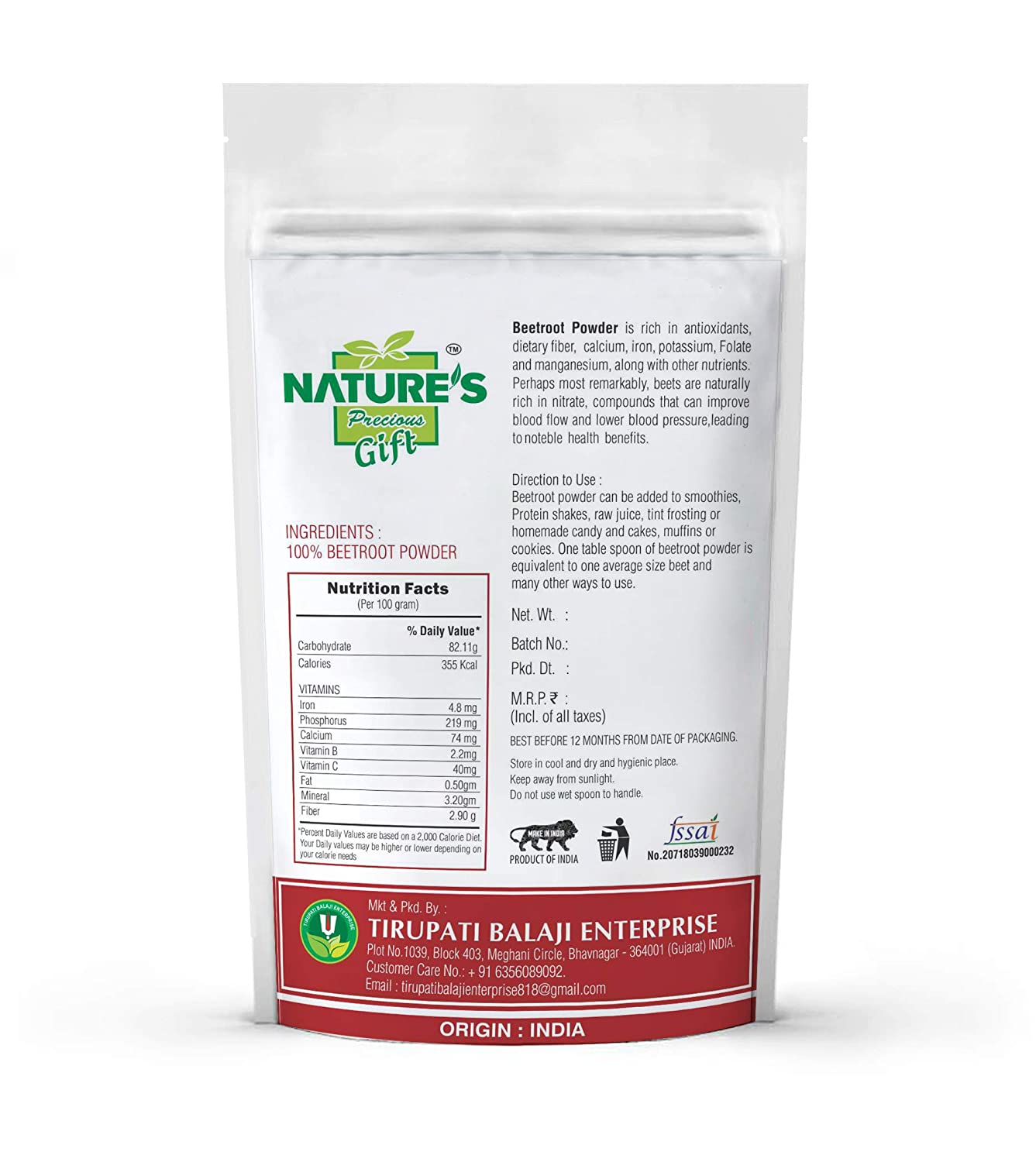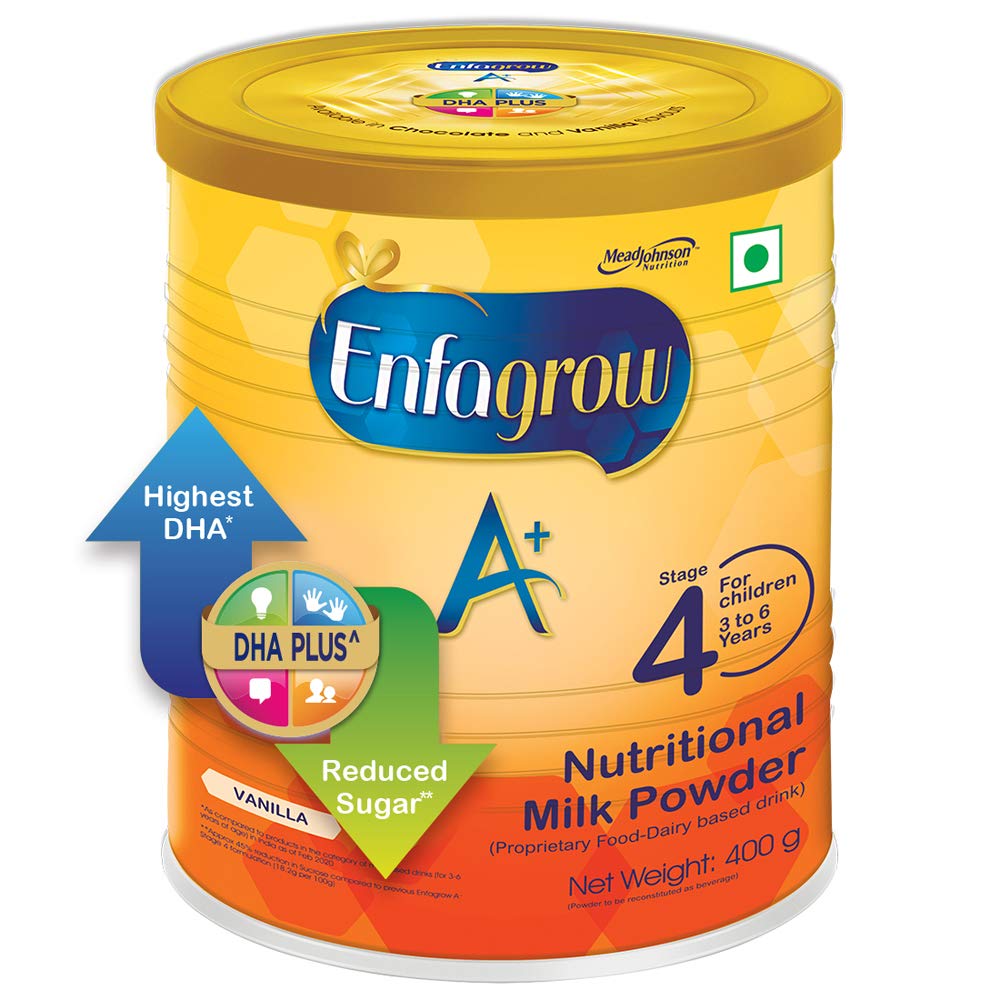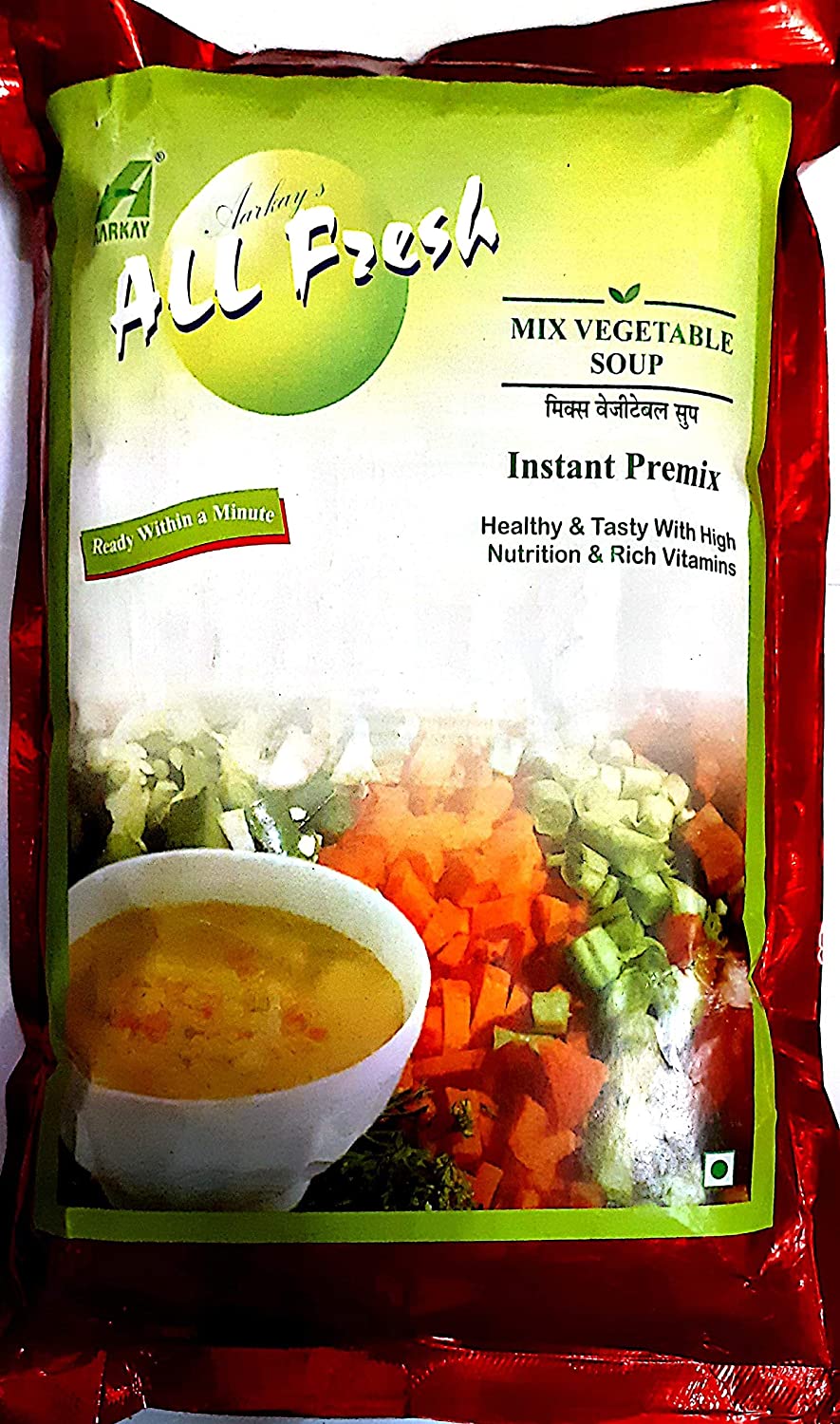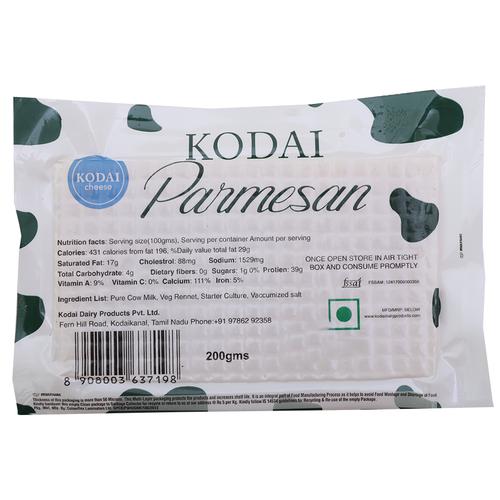Vitamin B
Micronutrient
Last update date: November 07, 2023
Vitamin B plays a vital role in maintaining good health and well-being as the building blocks for a healthy body.
Frequently Asked Questions
1.
What is Vitamin B?
Vitamin B is a group of water-soluble vitamins, that includes B1 (thiamine), B2 (riboflavin), B3 (niacin), B5 (pantothenic acid), B6 (pyridoxine), B7 (biotin), B9 (folate), and B12 (cobalamin). All B Vitamins are essential and need to be taken through diet since they cannot be produced by the body itself. It helps in maintaining our overall health and well-being.
2.
What does vitamin D help with the most?
Vitamin B aids in the metabolism of carbohydrates, fats, and proteins. These macro-molecules provide you with the energy you need to get through your day. It helps in the formation of red blood cell. Red blood cells are essential to transport oxygen throughout the body. This further prevents anaemia.. Vitamin B plays an important role in keeping your nervous system healthy, supporting brain function, and helps in the production of neurotransmitters. It helps in promoting growth and maintaining healthy skin, hair, and nails. Vitamin B helps in the production of DNA and in cell division. It ensures the proper growth, development, and maintenance processes in the body
3.
What is negative impact of Vitamin B?
Sufficient intake of Vitamin B helps prevent anaemia, and other issues like fatigue, weakness, nerve damage, and skin disorders. Adequate intake of Vitamin B9, commonly known as Folate, helps in reducing the risk of neural tube defects in the baby during pregnancy. Excessive consumption of Vitamin B3 or Niacin through diet or supplements can cause flushing, itching, and liver diseases. Intake of high doses of Vitamin B6, Pyridoxine; for a prolonged period to prevent nerve damage should be avoided.
4.
Who should avoid Vitamin B?
People suffering from malabsorption disorders or who have recently undergone gastrointestinal surgeries should avoid Vitamin B12 intake since its absorption can be hindered.
5.
What are common sources of Vitamin B?
Include whole grains, legumes, nuts, seeds, and fortified cereal in your diet to ensure sufficient intake of Vitamin B1. To meet your Vitamin B2 needs, incorporate dairy products, green leafy vegetables, lean meats, and fortified grains into your meals. Include meat, fish, poultry, nuts, and seeds in your diet to obtain an adequate amount of Vitamin B3. Boost your Vitamin B6 intake by including fish, poultry, beans, lentils, bananas, and fortified cereals in your meals. Ensure you consume dairy products, meat, fish, and fortified plant-based milk to meet your Vitamin B12 requirements.
6.
What will happen if vitamin D is very low?
Beri-Beri, characterized by weakness, nerve damage, and cardiovascular issues is a result of Vitamin B1 deficiency Insufficient intake of Vitamin B2; Riboflavin, may be a cause of oral and skin disorders, anaemia, and eye problems Pellagra, dermatitis, diarrhoea, and mental confusion are a result of inadequate consumption of Vitamin B3 (niacin) Vitamin B12 deficiency can cause pernicious anaemia, nerve damage, and cognitive impairment Insufficient folate consumption during pregnancy, can be a cause of the increased risk of neural tube deficiency in newborns
7.
What are the symptoms of a Vitamin B deficiency?
Symptoms of vitamin D deficiency may include: Fatigue. Not sleeping well. Bone pain or achiness. Depression or feelings of sadness.

















